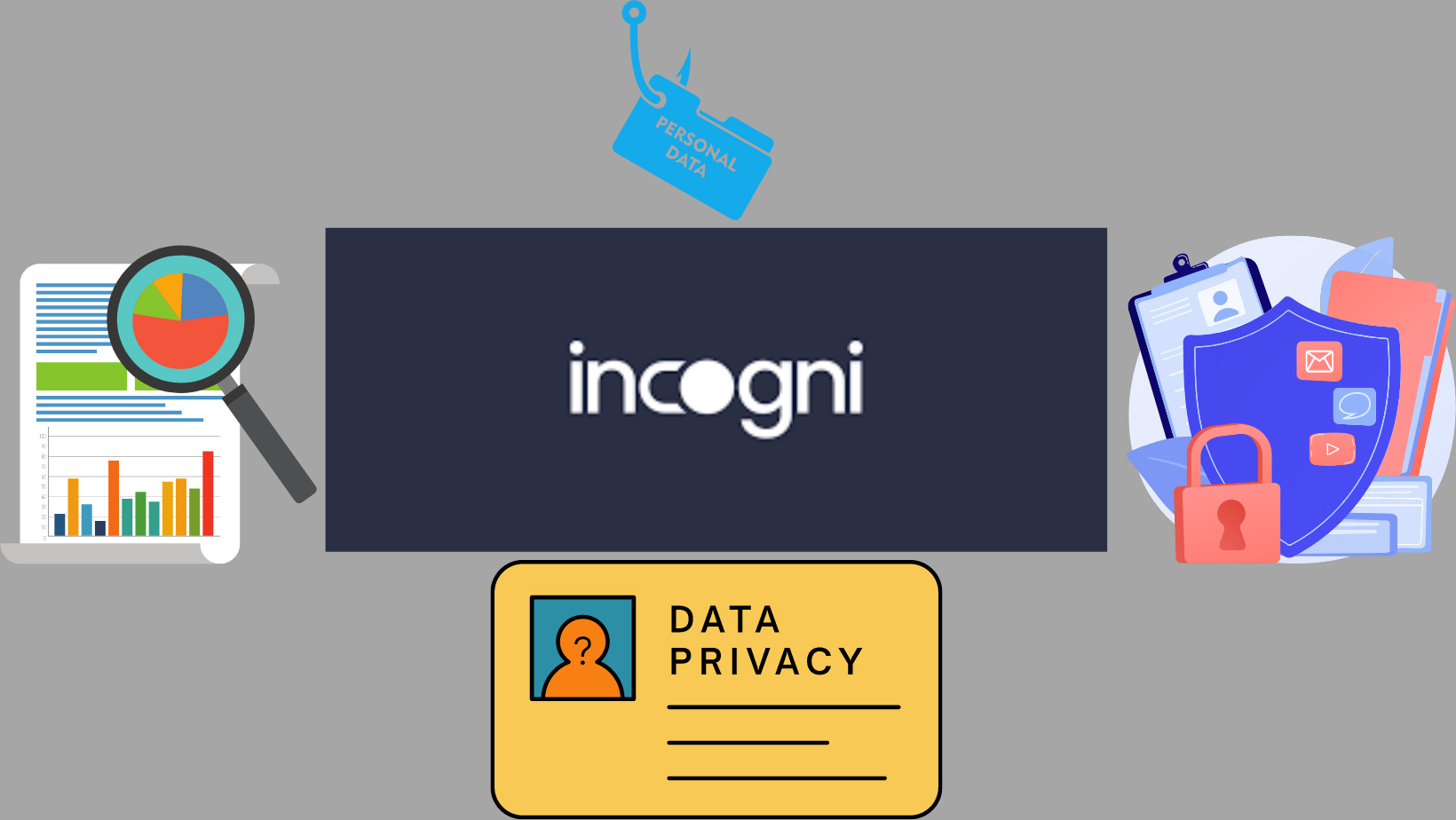
The Internet is a treasure trove of data, and just like lights attract bugs, so does this data attracts cybercriminals. It has become a significant concern among many internet users whether to opt for manual or paid data removal or opt-out services, thus gradually removing their digital footprints across all websites.
We might as well say, what harm if someone knows where I have studied or if I am married, the whole question of data removal starts with whether privacy concerns you, among so many other things we are constantly fighting against in our quest to live. Having control over how much you want to share is the best way to go about it, like not sharing the primary phone number in all the random places or not using the same email address everywhere. Recently there was a cyber attack on Yellowpages Canada, which holds various forms of data, financial and non-financial, of 300,000 customers by a hacking group called Black Basta which once again reminded having control over what you share is imperative for personal safety. Let's see how we can go about and start with the process of personal data removal; please note that it's impossible to remove your data altogether as some parts of your footprint will be out there, like those breadcrumbs.
Most online databases like Whitepages, Yellow Pages, or Spokeo do have their data removal request from their database on their website, which at times could take a great deal of patience to deal with as the process would be slow for results to show up. Recently the search engine giant Google rolled out a helpful tool called "Results About You" to request the removal of personal information from search results, which is an excellent step for its users, thus putting an end to the misuse of the data by the threat actors. There is a caveat out there if you want to take this route, as it would involve managing multiple websites; with different removal request processes, you may get swamped with not-so-friendly ways. Guess what? I recommend a fantastic tool called Incogni by Surfshark, which is like your assistant to remove all your digital footprints based on the platforms you would like to get delisted from. So now you have control and can choose what and from where you want your info removed. Incogni is available only in the United States, United Kingdom, Canada, and Europe. It may take up to a couple of months to gradually complete the process on your behalf. At this time, there are about 180+ data brokers with whom Incogni works to remove your data, and the number of brokers will increase. The best part is the UI, or the user interface of Incogni, is minimalistic. Also, it has an algorithm embedded in its platform to determine the likely platform where you have your data and connects with them automatically on your behalf. It also gives you a detailed overview of all the platforms it requested, the status of your data removal, and the sensitivity of the data too.
Signing up with Incogni is seamless with your email, and then it collects the information it deems fit to start with the data removals process, like your full name, birth date, phone number, and location. It might happen that, at times, the companies where Incogni reached out with your data removal request might end up contacting you, and if they include optout@privacy.surfshark.com in the email, you don't have to do anything as Incogni would take care of it on your behalf and if it doesn't include the email, then one can go about and forward any email received from the data brokers to Incogni, and they would take it from there.
I would strongly recommend having an annual subscription with Incogni as you know what they say is that data is the new oil, what you eat, what you wear, where you go, whom you meet, and even if you ever wondered about going skydiving, everything is out there on the Internet. You would need to find out who is making money off that data, thus putting a stop, or in the worst-case scenario, when the data brokers get breached, and your data falls into the wrong hands.
.png)